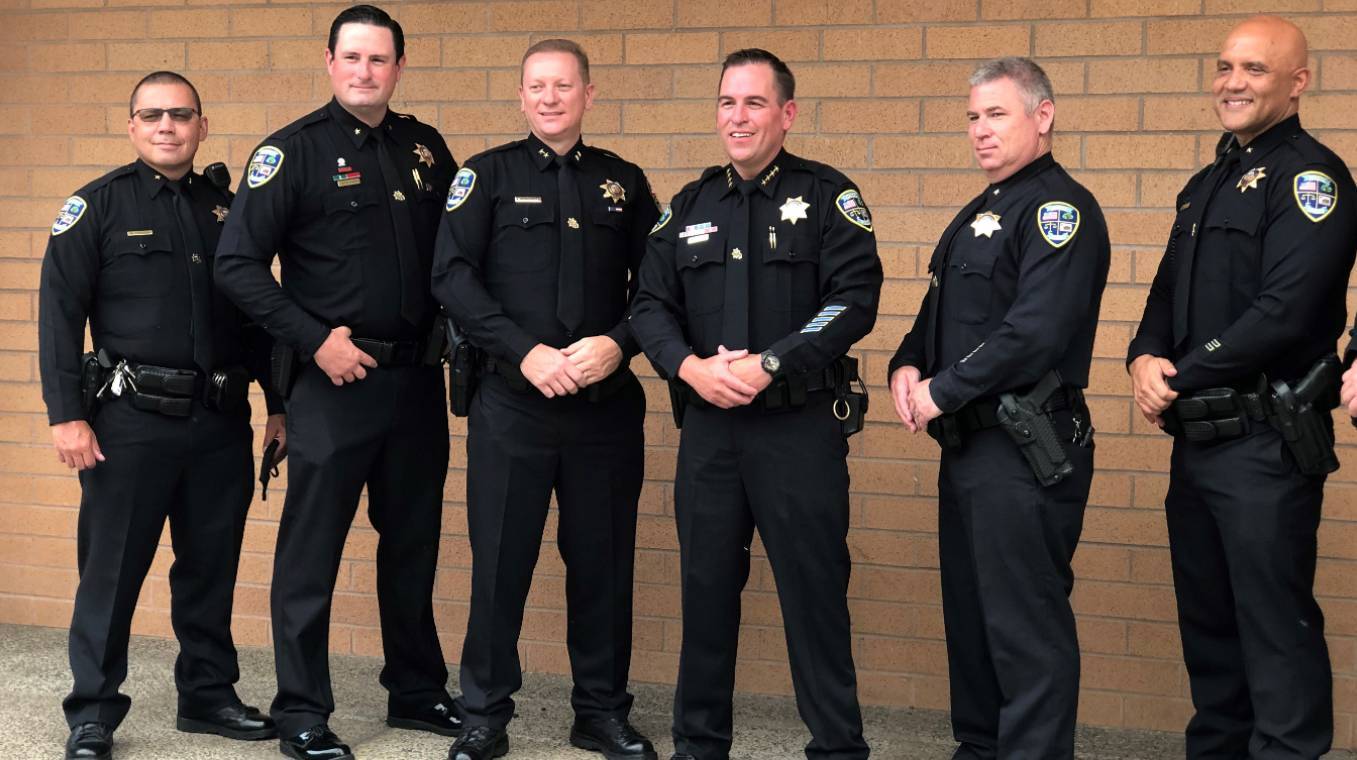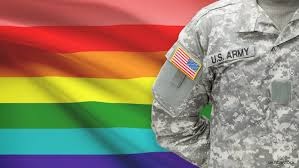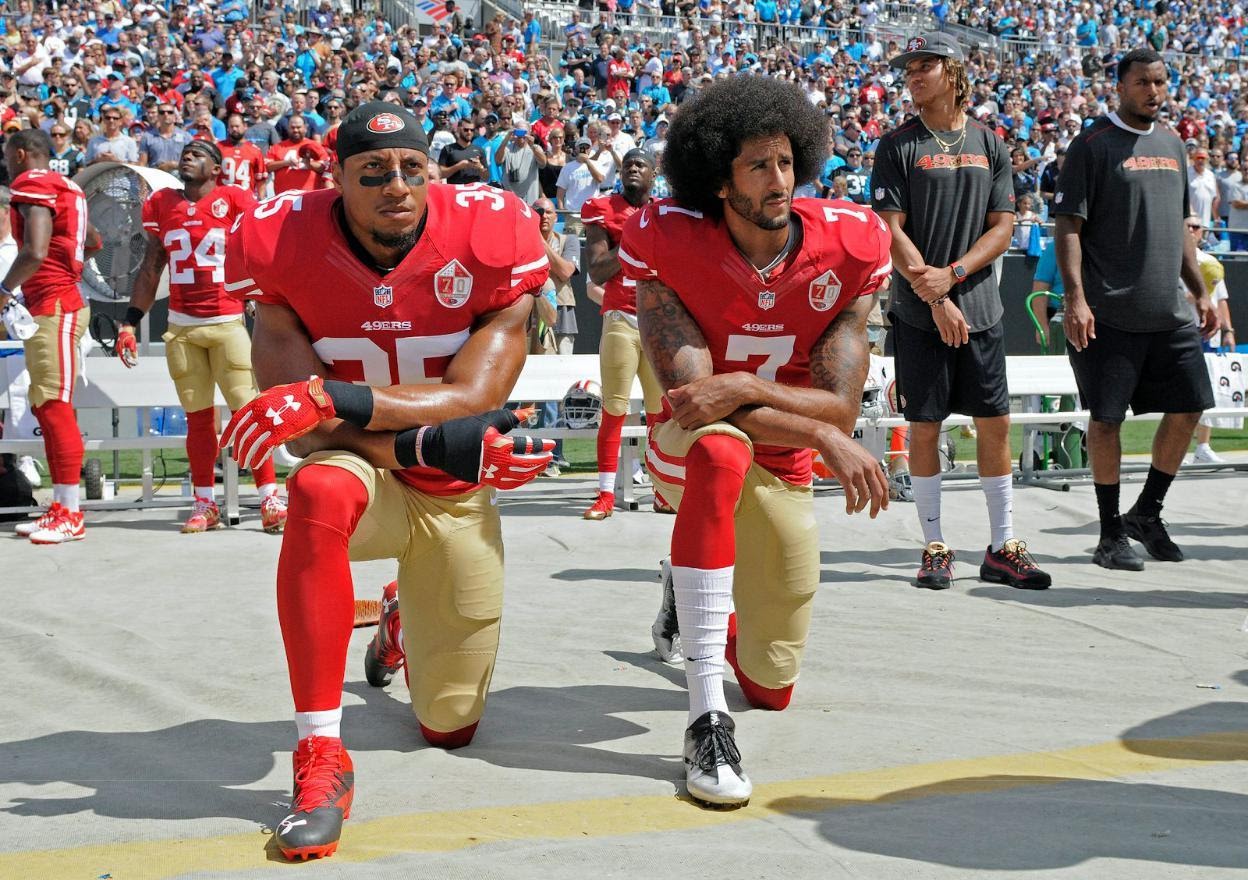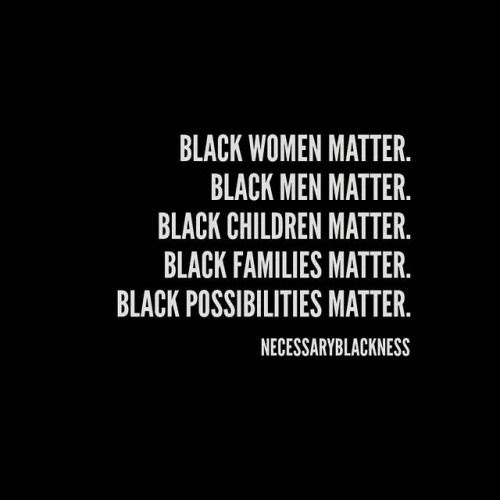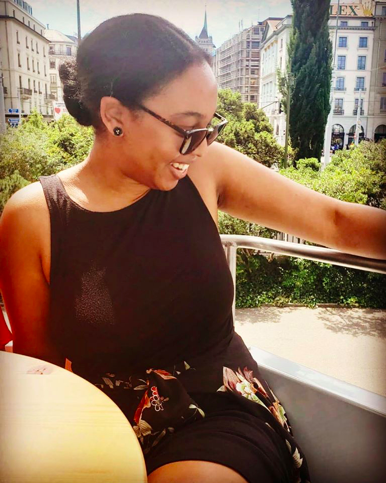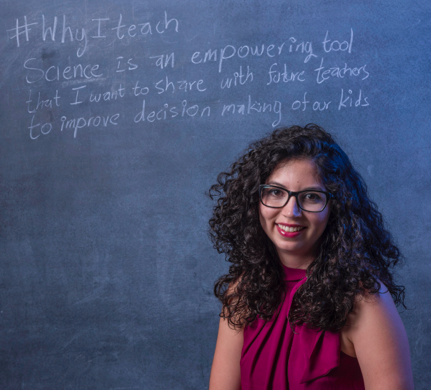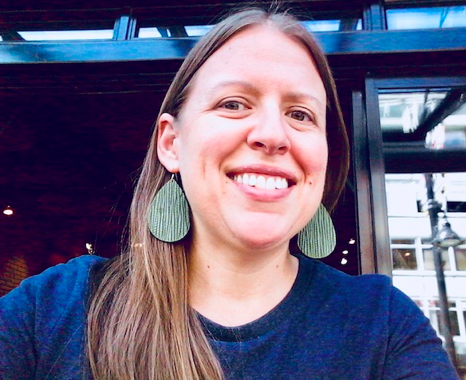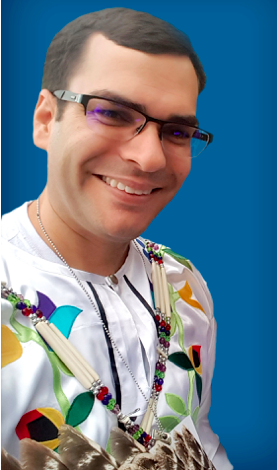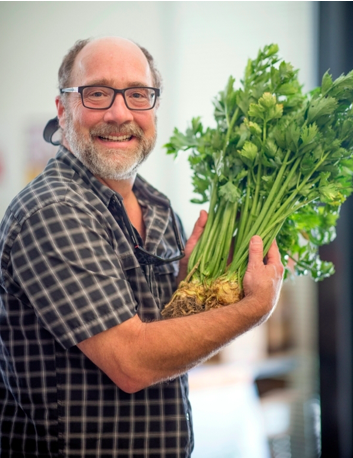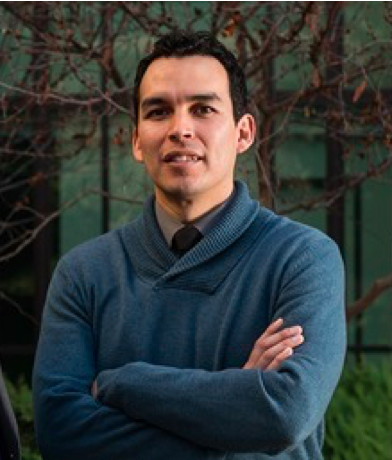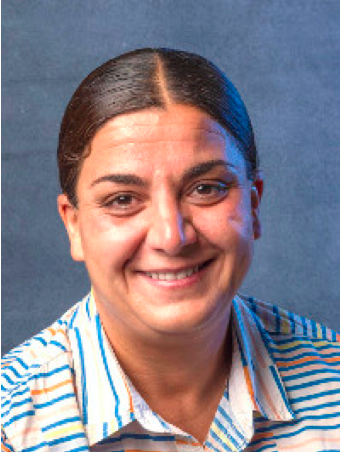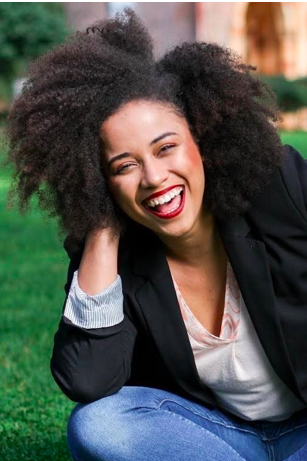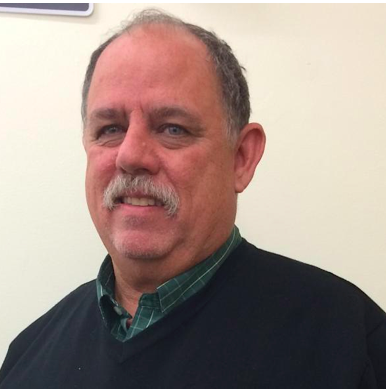Stories
Explore some of the ways CSU, Chico celebrates and advocates for diversity.
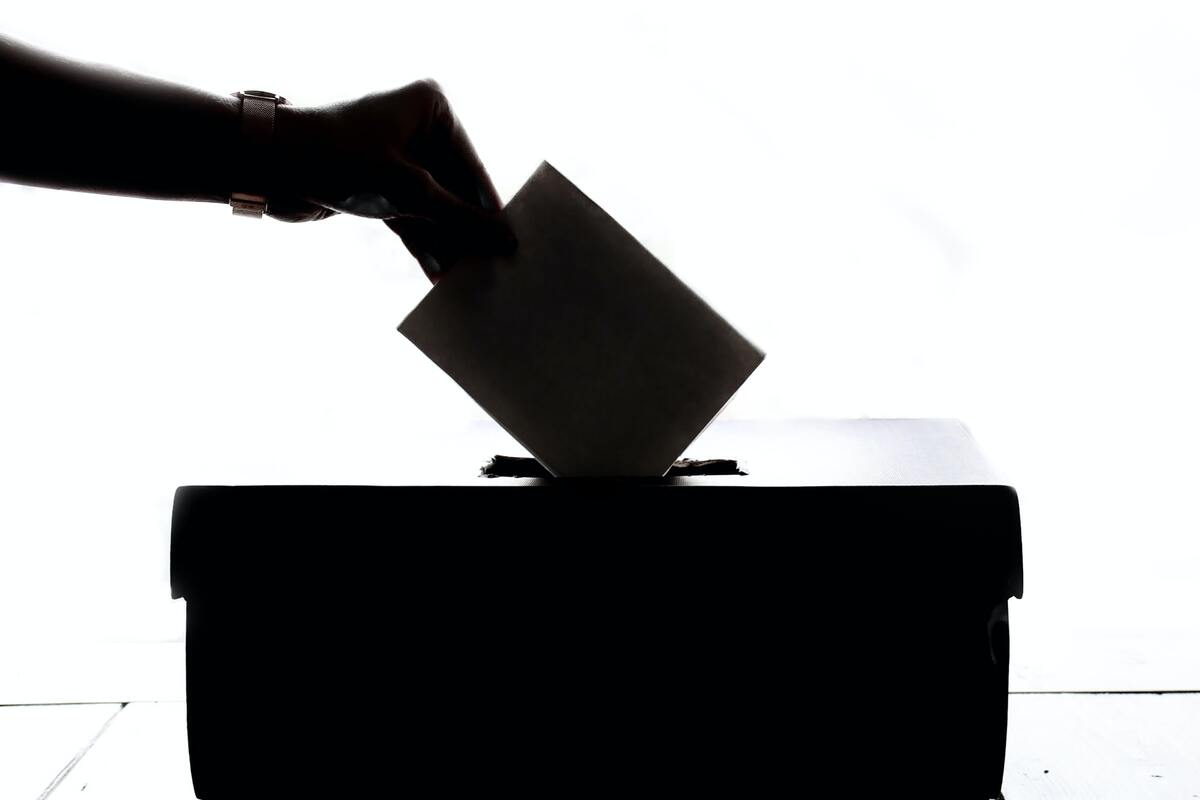
Chico State Conversations on the Election
A historically divisive election can help bring the community together.

The Book In Common Inspires Discussion: This Year’s Topic, Social Justice.
Read about how the Book in Common is fighting for an anti-racist world.
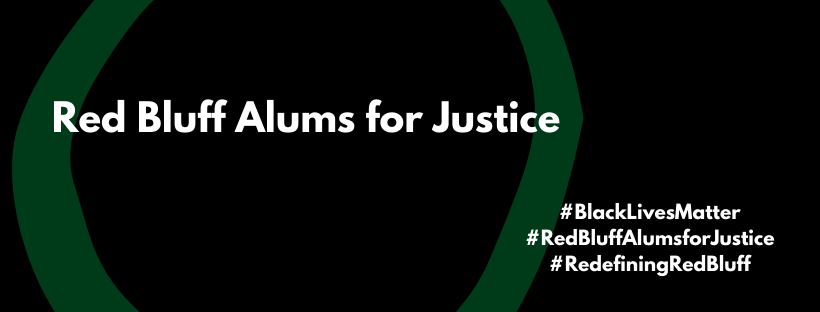
Red Bluff Alums for Justice
A community organization led by Red Bluff alums takes charge of the matter of social justice.
Resources
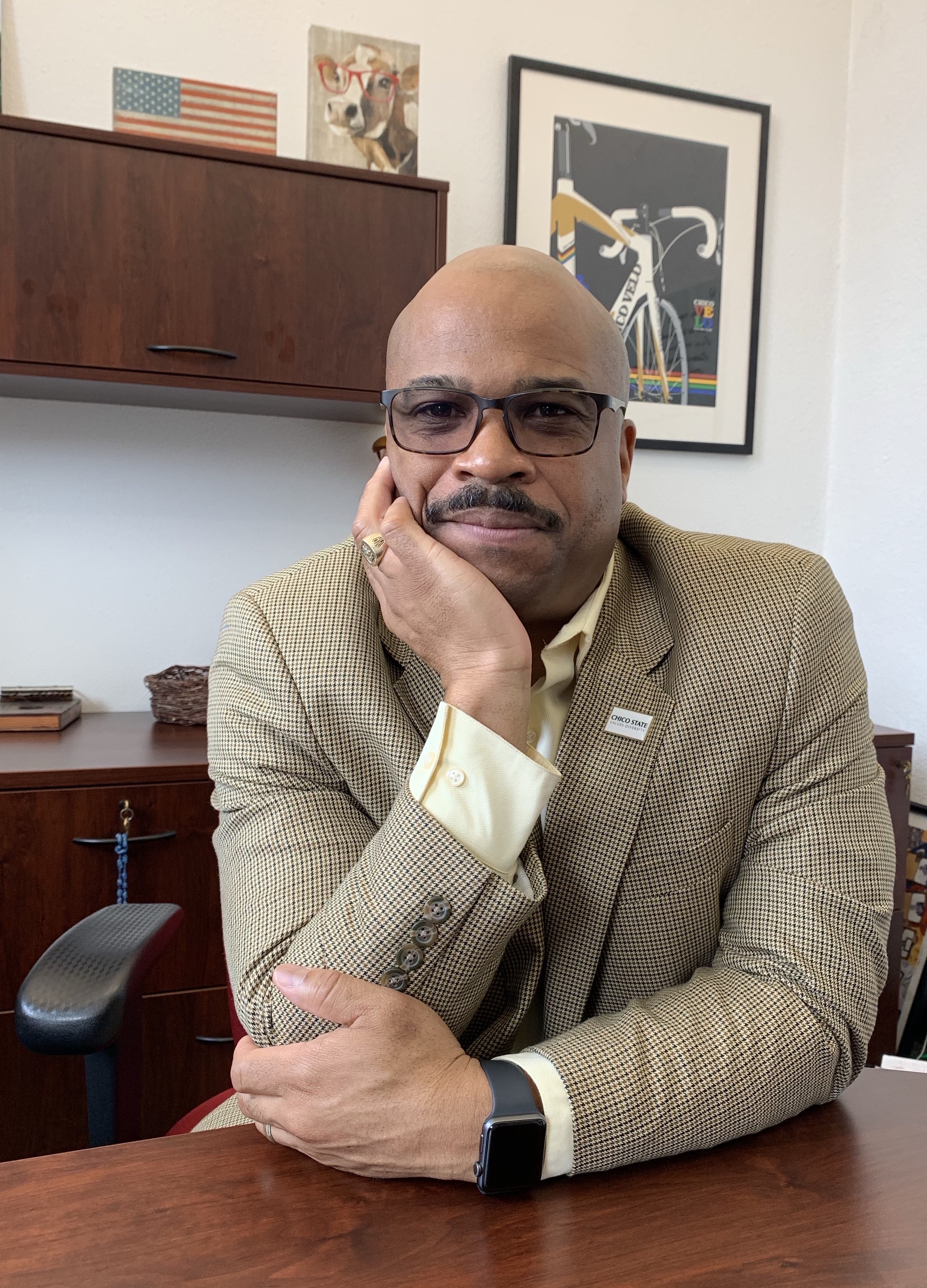
Please contact Tray Robinson with any questions or comments at trobinson@csuchico.edu. Also check out the Office of Diversity page.
Our Amazing Team
Check out the writers, editors and designers who worked behind the scenes.

Hannah Manoucheri
General Manager
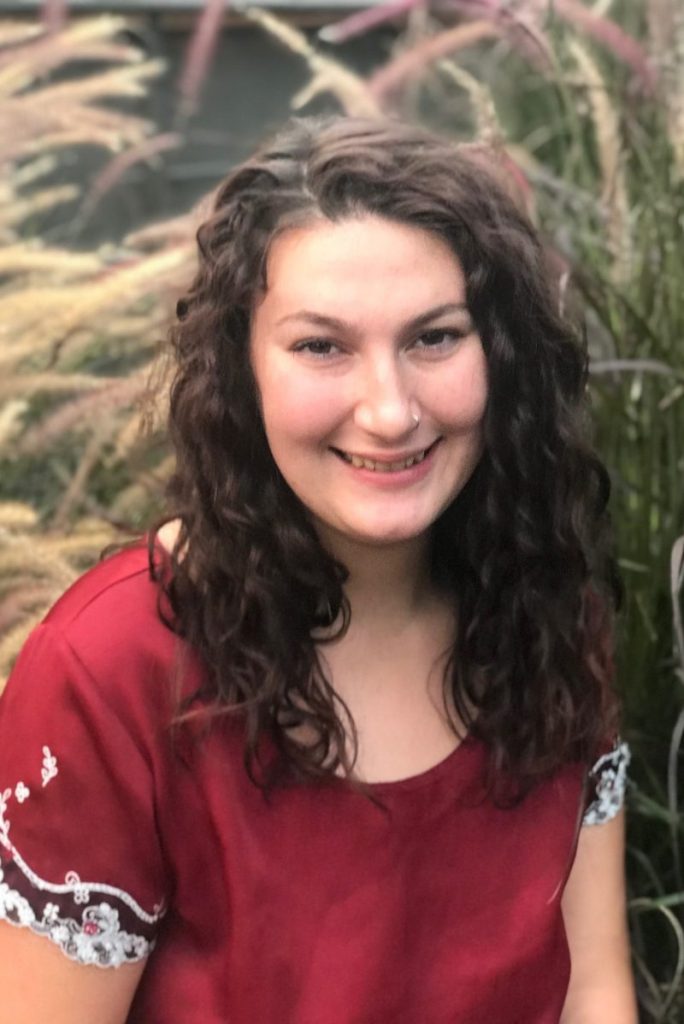
Lexi Kornblum
Account Executive

Grace Gilani
PR Generalist

Jamie Kolnes
Assistant Account Executive
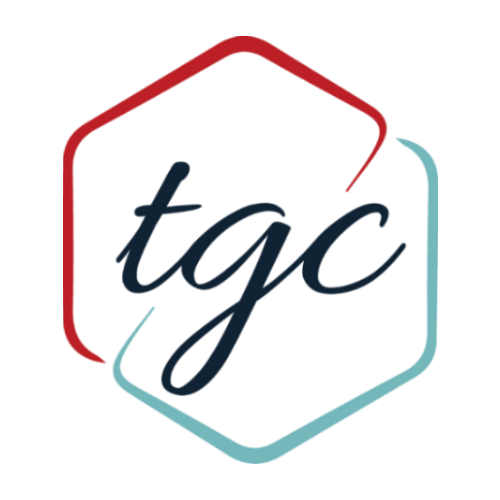
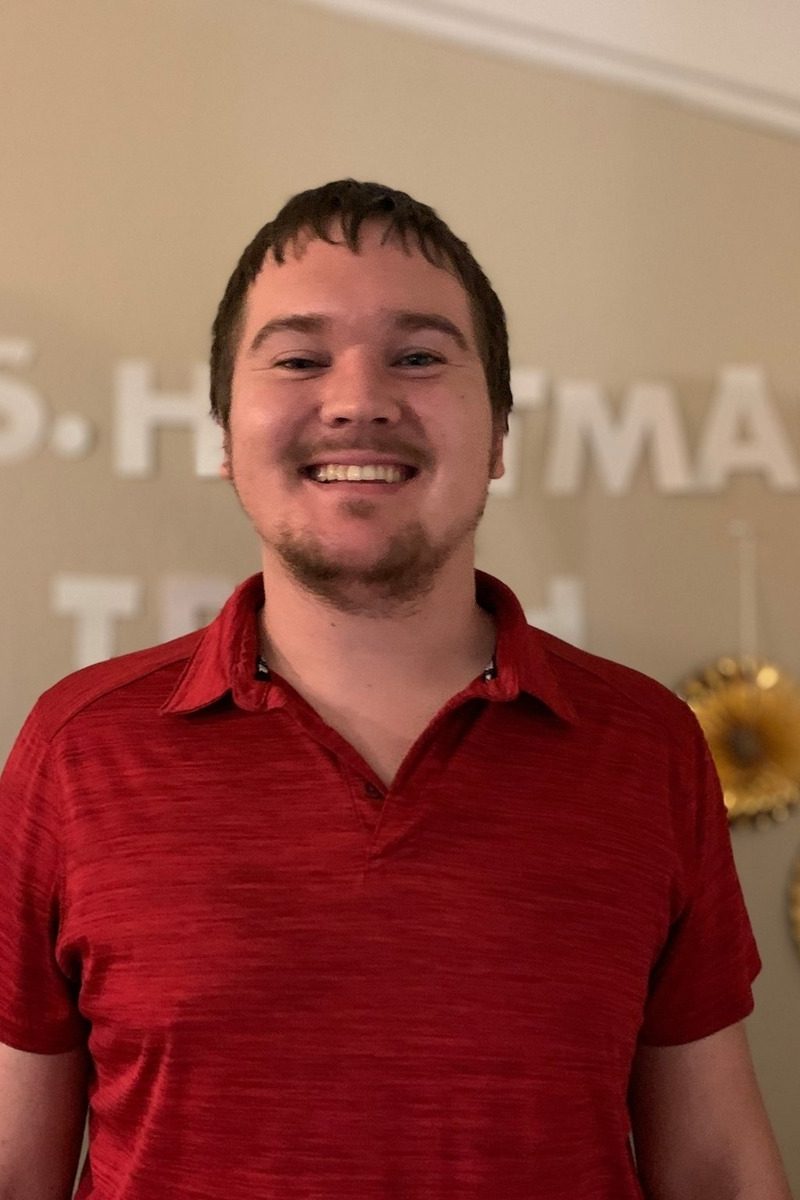
Colby Rutledge
PR Generalist
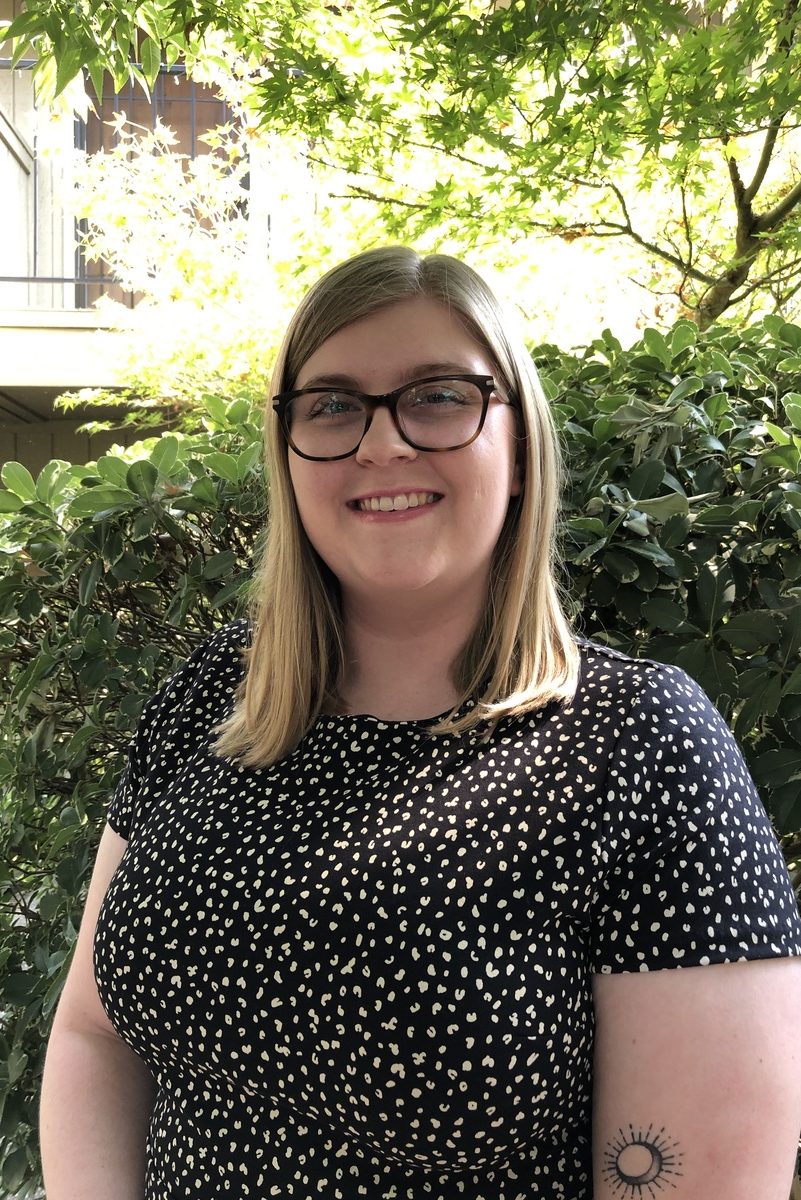
Jacquelyn Martinusen
Videographer

Jessie Chen
Graphic Designer

Jenna Sanchez
Web Designer
Fixing a fragmented community by creating a safe space with officers
By Claire Bang
Discussions over police involvement in our communities have become hot topics over the past few months. This is not the first time that we have seen these issues brought up in the news, but they have been given some major coverage since the highly scrutinized death of George Floyd in May of this year.
Some of the current issues surrounding law enforcement are the police-sanctioned use of force, forms of training and police involvement in underserved communities. Police funding has fallen into public question because these concerns haven't been addressed properly. Chico’s own chief of police, Matt Madden, has some insightful ways that he believes can start to address many of these issues.
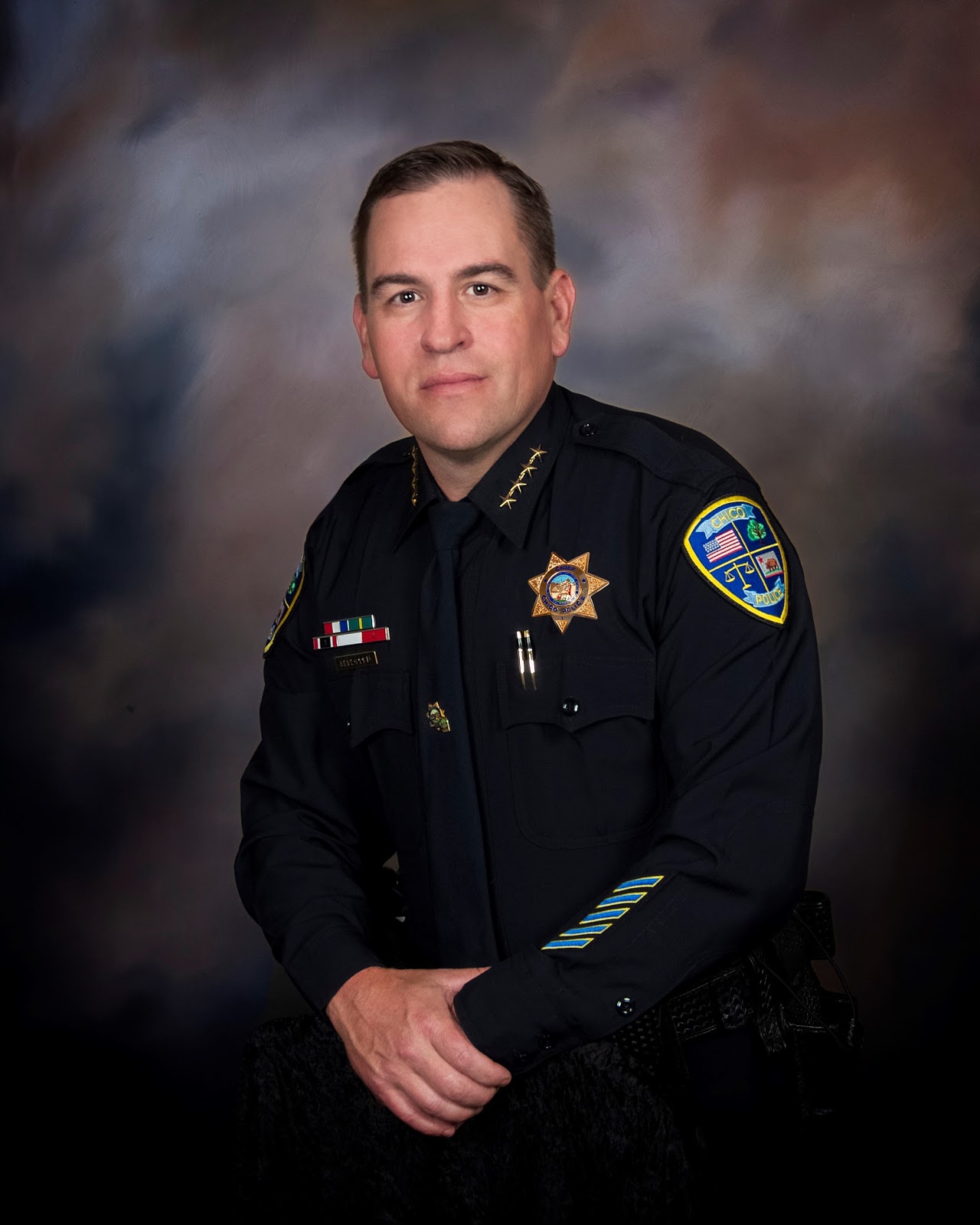
It has been just over four months since Chief Madden took over as chief of police for the City of Chico, but he’s no rookie in the department. With over 28 years of law enforcement experience, 23 of which have been dedicated to the Chico Police Department, Chief Madden has seen over time just how severe these issues have become across the nation.
Madden believes it’s his responsibility as a member of this community to listen to his fellow community members’ realities with law enforcement. He also believes it’s his job to let them know exactly how they are being supported in this city. His main emphasis during his time as police chief is building a relationship with the community.
The community liaison program is one that Chief Madden is developing in order to build those relationships with the police department. Madden plans on starting at the top of his organization with his two captains and five lieutenants. Their responsibility would be to serve as the contacts that a vulnerable community member could reach out to.
“The old chief had assigned us all to geographical locations in the city, and I don’t think that’s where I want to go with that,” Madden said. “Because the area within the city isn’t as important as who’s in it and who’s in our community. Where are those relationships lacking, and how do we improve those?”
Madden hopes that now if someone in the community is concerned, hears about an issue or personally has an issue, they’ll be able to form a relationship with the police department because officers will be available to reach out to directly.
Although Chief Madden believes there is not as big a disconnect between Chico’s community and the police as in other cities, he recognizes there is always room for improvement. Madden also knows that there are more vulnerable groups within our community that need more support and he plans on doing just that: making improvements that will ultimately benefit the community as a whole.
“I think that part of being a chief is to not sit back and say we’re the best,” said Chief Madden. “Now is not the time to turn a blind eye to the narrative that’s going on out there and say even if I personally don’t agree that there’s issues… I’m paying attention to the concerns of all the community members in town.”
Chief Madden had a lot to say about the deep-rooted changes that need to occur for many police departments across the country. He, however, has changes that he knows need to be implemented within our own fragmented community at the moment.
Madden did not shy away from the topic of training for police officers. The police here have been participating in an ad hoc committee that the mayor of Chico started. This committee is dedicated to police training and their use of force. Madden said that this organization's training is one of the main reasons why he came to Chico 23 years ago.
“It's a deep-rooted culture that we train here. I love to train, and most cops do. They want to be better at their jobs. They want the tools and equipment to go out and be successful and go to work every day feeling that the department cares about them and will train them to make sure they’re doing the job right,” Madden said.
When funds are moved around and reallocated, the quality of service the police department is able to provide is affected. Chief Madden took the chance to note that most people don’t realize that the department has relationships with different advocacy groups in Chico.
Over the past few years, one service they have helped build out is a mobile crisis unit that they use on a daily basis. Although the crisis unit is currently not available 24/7, they have people analyzing the data to help manage availability to ensure coverage when they’re asking for help most.
The City of Chico also has a Police Community Advisory Board which is made up of community members and leaders. These people are part of this community to be able to report back issues they are hearing within their community. It’s similar to the Community Liaison Program that Chief Madden is working on, but allows those that haven’t found comfort in discussions with police to have open conversations with community members.
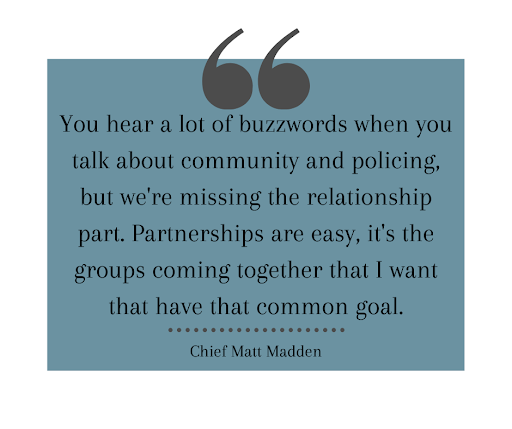 Quote by Chief Madden
Quote by Chief Madden
“You hear a lot of buzzwords when you talk about community and policing,” said Madden. “But we’re missing the relationship part. Partnerships are easy, it’s the groups coming together that I want that have that common goal.”
The hope is that this program allows leaders to build relationships and be a bridge between the police and their community members. COVID-19 has changed the way they’ve been able to gather and the topics they’ve been discussing, but Chief Madden is positive that they’ll continue to grow this group with additional leaders in the community as time goes on.
Chief Madden has taken immense pride in his leadership role and knows that everything that’s important to him becomes important to the officers. At the end of the day, his values and principles carry down to his officers because they wear the same badge.
If one person tarnishes their badge, it hurts the entire community - which is exactly why building relationships with the community is so important to him.
“When I took this role, my objective was to be transparent, engaging and not to shy away from tough conversations, because that’s how we’re going to fix this,” Madden said.
Madden knows that chiefs at other organizations are going to have to lead their organizations as well. In order to start building back relationships between our communities and our law enforcement, it needs to start at the top.
Fall 2020
Chico State Conversations on the Election
By Lexi Kornblum
A historically divisive election can help bring the community together.
American citizens are no stranger to presidential elections, but there has never been an election season quite like 2020. In an era fraught with social justice issues and political bipartisanship, many Americans are looking to the 2020 election to alleviate the effect of some of these crises. Conversations on both sides are twisted with tension, and it can feel impossible to communicate opinions effectively.
The Chico State community is vast and supports a host of varied thoughts and opinions. There is no better time to explore these ideas while politics and social justice are in the spotlight. People are using their power of free speech and protest to speak their truths and encourage learning in non-biased ways. Voting in this election has become a matter of social justice and standing up for those who can’t stand on equal footing.
The wide variety of legislation that could come to pass depends on the outcome of this national election. When we vote in our representatives and our president, we give them the power to pass laws and enact policies that can greatly affect various communities. A guide from Georgetown University follows the timeline of the legalization of same-sex marriage in America. The courts of America were embroiled in this fight for decades, and how the citizens voted during those times directly affected the legalization of gay marriage. We can use our right to vote to speak on behalf of those whose voice is not strong enough yet, and vote in representatives that align with our values.
The 2020 election will decide the outcome of legislation that directly affects our communities. We interviewed two members of the community to learn more about their perspectives on this historical time. Both interviewees have elected to stay anonymous due to the sensitive nature of the topics.
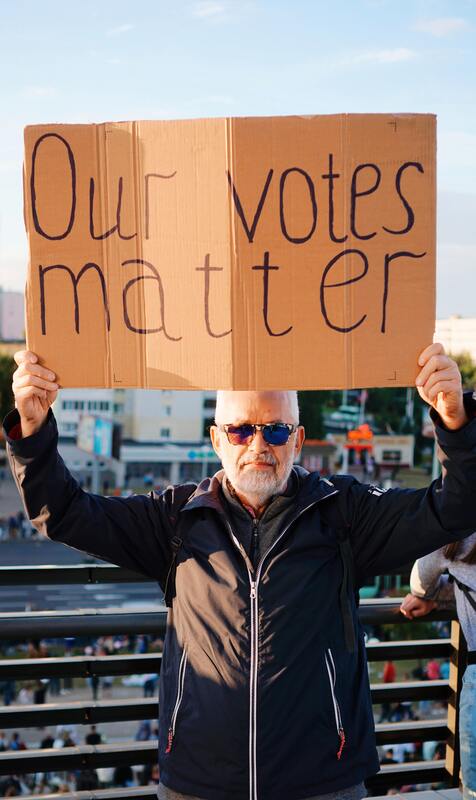
What are your thoughts on the 2020 presidential election?
Answer A: It could go either way. It’s going to have a great effect on the country as a whole, but I personally can’t predict anything anymore with [what] our system has become. It used to be a lot more reliable, telling things through polling and things like that. But we’ve seen that polling doesn’t very accurately represent Trump. I think it’s very hard to get an unbiased take on the situation.
Answer B: I feel like there’s no good answers, and I feel like settling, and I don’t like settling. It’s confusing, and there are too many horrible things happening to be happy with one single person. I wish you wouldn’t feel like you lost your vote if you voted for a third party.
Do you think the election will affect Chico State? How so?
Answer A: I came to Chico after Trump had already been elected, so I haven’t seen the environment at Chico with two different presidents. However, I do believe that there is going to be a lot of division after this election, no matter what the outcome is, and hopefully whoever the next president is will help heal that division.
Answer B: Yes. It’s going to affect the institution and California schools as a whole, but I’m not sure too much past that. I know on a personal level it could affect my student loans, and what I might owe.
How do you feel about the electoral college?
Answer A: I don’t think we should get rid of the electoral college. The main reason why is that the electoral college was formed to ensure the president is elected for the entire country, and not just a few population centers. So, if you look at the electoral college now, if we got rid of it, the most hotly campaigned areas would be San Francisco, Detroit, Washington D.C, and the Republican bias in me says we’ll never have a Republican president again. But the reality is that the rest of the country will be ignored.
Answer B: This is a fun one, because I don’t think that larger states get the equal representation from the electoral college that the smaller states do. But I also don’t know how beneficial it would be to eliminate the electoral college or redistribute the populations, and as much as I don’t like it, I can’t think of a much better alternative. .
How do you feel about voting during the pandemic? How do you plan to vote?
Answer A: As soon as I receive my ballot, I’m sending it into the mail. I work in a Chico campaign office, and we’re encouraging everybody to get their ballot and turn it in as soon as they get it. With how voting centers are working this year, we’d like to have more results on election night so we can have more national stability, or at least county-wide stability, so we know who’s representing us. We want to make sure that we have as accurate of a count as possible on election night.
Answer B: I’m going to vote by mail. Voting during the pandemic is only stressful to me because I’m worried about my ballot getting there in time. This is my first time voting for a president, so I want to be sure my vote is heard. I still think I would’ve preferred to vote by mail because I like to have documents and explanations in front of me. I want to be on my laptop, researching, so I feel informed about my vote.
Do you think your vote matters?
Answer A: Yes, yes it does! Your vote matters, even in California, even your vote for president matters. I don’t believe California is going to go red this election cycle. Probably not next cycle or the one after that, we have a lot of work to do on our end within California to grow the Republican party to where it was under Reagan, but your vote matters very much at least for the popular vote! While it doesn’t matter in terms of getting someone elected, but it does matter in terms of showing that the person who gets elected is representative of the country.
Answer B: I do! I do, in the fact that I know how guilty I would feel if I didn’t vote, and the party I didn’t want to win ended up winning. I feel like if I had known that I had done what I could by voting, then there would be no guilt. I voted, I did my part, I did what I could. So, yes, I do think my vote matters.
Are there certain issues you feel strongly about in the election?
Answer A: Overall, for the election, I try not to consider myself a single-issue voter. I also typically vote along party lines. My biggest issue is probably Second Amendment rights. There are a lot of issues within California when it comes to Second Amendment rights. I want to see people moving forward with learning about the Second Amendment. And that’s something that we’ve seen completely missed in the media.
Answer B: Ruth Bader Ginsburg’s position is up for a replacement, and the Supreme Court ends up deciding a lot about womens’ bodies, and their reproductive rights. So I feel strongly about who gets put into the Supreme Court. I want to make sure that my body stays my body. It’s mine, and what I do to it does not affect other people. I’m not going to tell other people what to do with their body, so don’t you dare tell me what to do with mine.
Do you engage in conversations with those of different views? Do you have any recommendations or tips for these discussions?
Answer A: Yes. So, there’s two different ways a conversation can go. There’s the negative situation with someone who disagrees with you, and they’re out there to shame you or embarrass you. The best way to handle that is to try to ignore it. If you can’t ignore it, try to let people know they’re not representing you fairly. With positive interactions, though, you have to remember that there is always a person that you’re interacting with. Find out the reasoning behind their beliefs—99% of the time, they’re trying to help people. You can’t always change somebody's mind, you rarely will after one interaction, but you have to be able to accept that. You can always introduce new information to somebody, though.
Answer B: I do when I can tell that it’s going to be an easy conversation. If I sense it’s going to be hostile, I back off. If I know that I’m educated in the topic of discussion, I have a lot more confidence contributing to the conversation. When I’m uneducated, I love to listen and learn about the subject. If it feels like the other group is uneducated or disrespectful, I’ll stop talking because there’s no point in starting an argument about something we are obviously both passionate about. If you’re not educated, don’t make broad statements. You have two ears and one mouth for a reason! It’s good to learn and listen about what’s going on.
Are you registered to vote?
Answer A: Yes! If you’re not registered to vote yet, please go to vote.gov and then follow the link in the website to your state. There are also voter registration forms in our campaign office that anybody can use to register to vote, no matter your party affiliation. Please register to vote!
Answer B: Yeah, I am! I have my ballot on my desk right now!
We can learn much more about our community if we come into conversations with an open mind, and a willingness to understand. It is possible to have productive discussions with people of different backgrounds and opinions, all it takes is someone reaching out. In times of turmoil and strife such as these, we need to band together with our similarities, instead of fighting over our differences. Make an effort to educate yourself about prominent issues through trustworthy news sources and open-ended conversations.
Make sure your voice is heard by registering to vote, and please participate in both local and national elections! In our diversity we find strength, don’t let yourself be silenced.
Educational Resources: Anti-Oppression Resources by University of Nevada, Las Vegas Library Anti-Racism Readings by James Madison University Diversity Resource Guides by Office of Diversity & Inclusion of Chico State Register to vote here!
Fall 2020
Diversity can only make us Stronger
By Jamie Kolnes
It is estimated that up to 6.8% of the U.S. adult population identifies as a part of the LGBTQ+ community, and that around 0.6% of those individuals identify as transgender. We have come a long way as a country in regards to transgender human rights. However, when we look at the U.S. military, which is the largest employer in the United States, we still see so much discrimination.
The military lifted its ban against people who are transgender serving in the military in 2016, deeming that it was best to recruit and retain troops regardless of gender identity. This was a critical step, as no one had to hide their gender identity anymore or be at risk for a dishonorable discharge. However, the right for transgender folks to serve was stripped away.
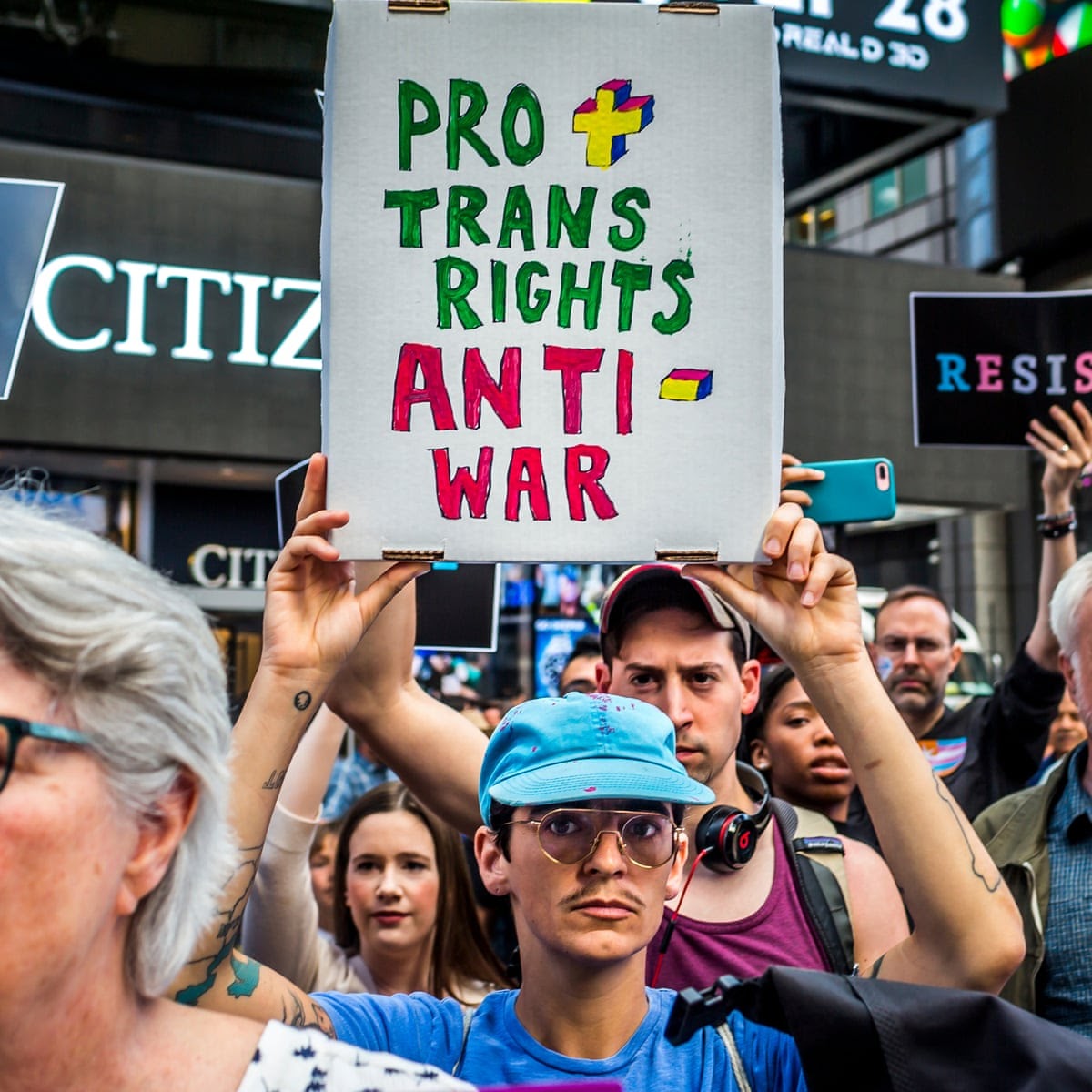
“Man at a protest, holding up a sign that says ‘Pro Trans rights, Anti-war.’”
According to the Human Rights Campaign, the Trump Administration and the Pentagon began putting the ban into action again in 2017. No new transgender individuals were allowed to join the military after this ban was put in place, nor were any existing members able to begin transitioning while in service. Although current transgender folks were not discharged, the stigma of them serving within the military grew stronger. In a system that requires people to identify with their assigned sex, it isn’t shocking.
Donna Humphrey, office coordinator in the Office of Diversity and Inclusion and veteran, is an out and proud lesbian, though that wasn’t always the case. She joined the Air force at age 19, still closeted, when being gay was still banned by the military and could be cause for a dishonorable discharge.
“When we have an administration that displays hate, it sends us back 50 years.” Humphrey said. “When society becomes aware and accepting it forces institutions to change.”
-Donna Humphrey, office coordinator in the Office of Diversity and Inclusion and veteran
Humphrey wore her hair short, something she later states may have been a way she expressed her sexuality without words. She remembers being called into headquarters three times to re-sign the waiver from basic training that stated she wasn’t involved in any homosexual relationships. Humphrey recalled that a surprisingly large number of people that she knew during her three years of service came out later in life.
She explained that many of the trans women that serve in the military hold very hypermasculine jobs, like airborne rangers or special forces, showing that there are societal pressures to conform. It was devastating to discover that some individuals in the military may be putting themselves in dangerous situations in order to fill traditional gender roles in society.
An avid supporter and activist of LGBTQ+ rights in the military, Humphrey has facilitated many programs for LGBTQ+ people and veterans and led two panels on topic. She wants to encourage others to start advocating for LGBTQ+ rights in the military with little pieces of action. Start by writing a letter to your government officials or listen to a veteran’s story and be empathetic, she said.
“When we have an administration that displays hate, it sends us back 50 years.” Humphrey said. “When society becomes aware and accepting it forces institutions to change.”
Tony Shafer, a retired PG&E employee and veteran, served in the U.S. Army from 1975–79. Shafer served as a heavy equipment operator and in Infantry, where he was an E-4 as well as a corporal. Shafer identifies within the LGBTQ+ community and does not agree with the current ban on individuals who identify as transgender in the military.
“A soldier is a soldier is a soldier,” he said.
Shafer is hopeful that with a change in the presidential office, comes a change in the military. Shafer urges everyone to be out front and active, to make their beliefs known, and to support those who are in the fight. He would like those who are looking to become allies to look around at their family and friends, and at the diversity that currently touches everyone’s lives. Shafer says to not exclude but embrace.
“We’re people, bottom line. We are all the same, making our best effort to live wonderful lives,” he said.
Ceara Kornblum, a transgender, gender studies student at Southern Oregon University, believes that the military is a “war machine that does vastly more harm than good.” These discriminatory laws that were passed, however, are not the fault of lower ranking individuals in the military. The military reflects society in a lot of different ways, they said.
Kornblum thinks that a large number of people join the military for the resources and benefits, not because they want to fight for the efforts of the institution. Transgender individuals and students don’t have the same opportunities to receive these benefits due to the ban.
Kornblum said that even though the majority of trans folks that they personally know would not want to be part of the military, especially because the ban is seen to increase hate crimes and discrimination against transgender individuals. Ceara wants to inform people that in order to become an advocate for transgender rights, they have to rewire the way they think and were taught. Whether it’s by asking for pronouns when meeting someone new or writing letters to the justice system to help outlaw discriminatory laws, start somewhere, Kornblum said.
There are many great resources out there to start educating yourself. Look into groups that advocate for transgender rights, like Casa Ruby or Familia. Advocating for transgender rights, not only in the military, but in society, starts with all of us. Visit Chico State’s Office of Diversity and Inclusion for even more information on how you can get involved. Follow on Instagram and Facebook to see weekly updates on events and recognition of all things inclusive.
According to the No Trans Military Ban website, President-Elect Joe Biden committed to reversing the transgender military ban on day one of his presidency. Add your name on their website to call on the incoming administration to honor that commitment. Embracing all areas of diversity and allowing those who are qualified and willing to serve to do so is only going to make our military stronger.
Fall 2020
The Sports and Social Justice Connection
By Colby Rutledge
Cover photo courtesy of Mike McCarn of the AP from NBC News
A major part of the social justice movement throughout U.S. history has been the way athletes have used their voices and platforms to bring attention to the issues surrounding this topic.
“It means everything,” said Chico State men’s soccer player Anais Mayo. “I think we live in an era where if you don't fight for what you believe in then there's really no point. [This country is] founded on fighting for your rights and what you believe in.”
“I think it's a very serious issue that is trying to be addressed and right now. It's at that stage where it’s getting a lot of media coverage, but there's still a lot of civil unrest in a lot of these states and cities right now in America because of the social injustice that is still going on,” said Chico State men’s soccer player Noah Ross.
Beginning in the 1960s, athletes have used the power of their voices to protest issues like racism, racial injustice and many other problems. For example, during the 1968 Olympics when John Carlos and Tommie Smith protested racism and racial injustice atop the medal podium by raising their fists in the air, and in 1967 when 35 black players on the UC Berkeley football team boycotted spring practice until more black coaches were hired.
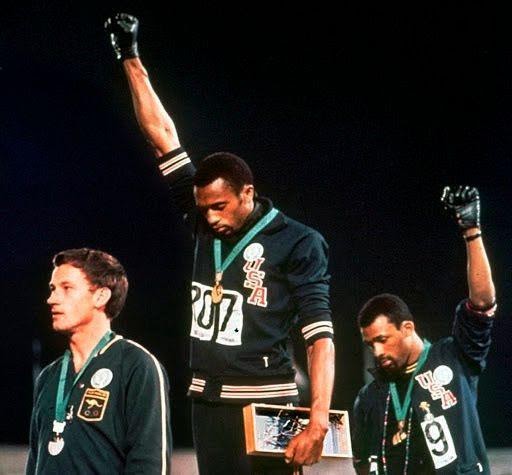
Even in recent years, there is still the need for peaceful protests, like the peaceful protest by Colin Kaepernick in 2016, or this year's peaceful protest by NBA players to bring awareness to the issue of police brutality. One thing that has changed from peaceful protests for social justice back in the 1960s, compared to peaceful protests for social justice now, is one of the biggest reasons they have received so much more attention and support. That is the way coaches and players have been able to work together to bring awareness on and off the field and court.
Whether it is through being part of social justice movements off the court, or having group talks within the team to discuss the issues and how to bring changes to them peacefully, coaches and players have been able to provide bigger voices to the issues echoed by the social justice movement.
Chico State has coaches and athletes that are great with these skills and care a lot about carrying the message of social justice while also providing great ideas about what social justice means to them. One of those many coaches is Chico State's men's soccer head coach Felipe Restrepo. In his 13th year as head coach, Restrepo has taught his players what it means to win on the field, and also what it means to win off the field when it comes to how they address social justice issues. He emphasizes how to achieve success with the social justice movement through things like great dialogue amongst each other.
“From my position or vantage point, what it means to me is really a hard look at the systemic systems of power, and how they are intertwined within our institutions and our organizations, and ultimately how they affect historically underrepresented groups,” Restrepo said. “For me, it's taking a hard look at those systems and seeing how we can carry some dialogue around making some change so that we can bring access and equity and opportunity to more people.”
While optimistic, Restrepo was also focused on presenting what it will take to make progress moving in the social justice movement.
“It's going to take a lot of hard work,” Restrepo said. “I know this is not an easy conversation for everyone. And for me, some of the challenges have been in conversation with close members of my core group. It may be a challenge, but I also see it as hopeful.’’
Chico State women's basketball assistant coach Meghan de los Reyes said her team has also had a lot of conversations about social injustice, especially with the social unrest currently happening. They show a lot of support for each other, de los Reyes said, and the coaches players all make sure everyone is okay and check in on how they are feeling and reacting to what’s going on in the world.
“I think it's been a good way to come together even closer because we might not have many of these courageous conversations if there wasn’t unrest,” de los Reyes said. “That's just kind of the way things happen, and I love that our whole team has come together and shown each other support.”
Restrepo and de los Reyes having direct discussions on these difficult topics show why sports is becoming synonymous with social justice, and why athletes use that platform to further that cause.
“I feel like sports is a huge platform for bringing about change and raising awareness. I think of sports as a team, a family, a unit, all coming together fighting for the same goal, and making sure everyone is included and that we are striving for success as a unit, and I think that coincides with the social justice movement going on,’’ said de los Reyes.
Social justice is not something that needs to be only discussed among peers, it requires action because the issues aren’t magically going away on their own. Even though not everyone is affected by injustices such as police brutality and systemic racism, it is everyone’s responsibility to fight them before they get so big that society becomes more damaged than anyone could have imagined.
We need to have open discussions and learn why these issues are so essential to talk about. We need to provide ways people can work together and allow all people who are struggling to voice their concerns. But, most importantly, we need to listen to what those people are saying.
Fall 2020
The Book In Common Inspires Discussion: This Year’s Topic, Social Justice.
By Grace Gilani
For the past 20 years, the Book in Common has brought forward different issues relevant to the climate the world was facing at that time. This year, with no idea what would happen in the U.S. in the coming months, the committee that oversees the Book in Common’s book selections chose to highlight Ibram X. Kendi's “How To Be An Anti-Racist”. Kendi’s book examines notions and policies already implemented in our society and asks its reader to change those ideas and imagine an anti-racist world and how we would implement change to actually make it a reality. Laura Nice, the coordinator for the event, spoke about how the Book in Common has led to an increased discussion surrounding this topic, one that hadn’t been seen before from the Book in Common on Chico State’s campus.
“By far this is the most engaged with and shared read that the history of the Book in Common has ever seen,” Nice said. “Everyone that I talked to was extremely invigorated by Professor Crosby’s powerful event where she really gave a perfect launch for the necessity of these conversations and actions for our campus.”
Chico State strives to better understand the ideas brought forth by the Book in Common, and Butte College is following closely behind. By also being a part of the committee that chooses the books, Butte College collaborates with Chico State for this event every year. This inspires conversation not only across campus but citywide as the Book in Common event includes many Chico-local students.
"Our goal as a community is to amplify the leaders that we have in our community doing this crucially urgent work of anti-racism.”
-Laura Nice
This year’s event was facilitated by Professor Nandi Crosby, a professor and campus leader when it comes to diversity, equity and inclusion. In her presentation, Crosby shared thought-provoking ideas on different topics and policies that much of her audience had not considered or heard of before. Along with Crosby, Nice highlighted how those in Chico are part of a crucial community centered around these anti-racist ideas.
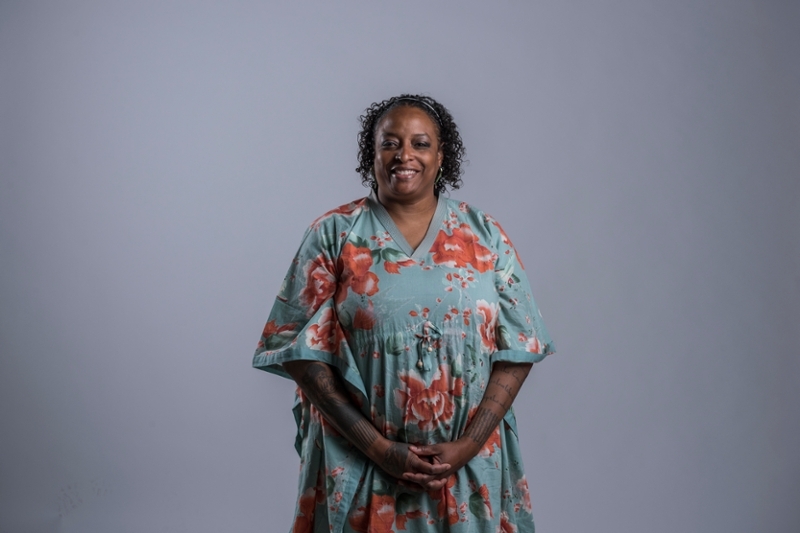
As the Chico State community deepens its understanding and support of social justice movements, the students and faculty are encouraged to make their voice heard. These issues are some that have been prevalent for decades, and it is with the help of books and powerful figures within the community that we can enact a change that will live on for generations after us.
“We must continue to talk about these issues. Silence isn’t an option. At Chico State, professors must be willing to include materials in classes, students must be willing to take the classes that will challenge their thinking, and administrators must pour resources into the programs that will expand opportunities for students and employees to thrive,” Crosby emphasized.
Instead of a call to action, Nice would like to extend an invitation to those who are passionate about change and having their voice heard within their community.
“Not only this year, but as we move forward with this particular Book in Common, we invite anyone who has resources to add and wants to be a part of the planning, wants to get involved, to contact the Book in Common email,” Nice said. “This work is so much bigger than any one person, and so it’s really a team effort.”
For further information please contact the Book in Common by emailing them at bic@csuchico.edu. You can also get involved by viewing the Book in Common website.
Fall 2020
